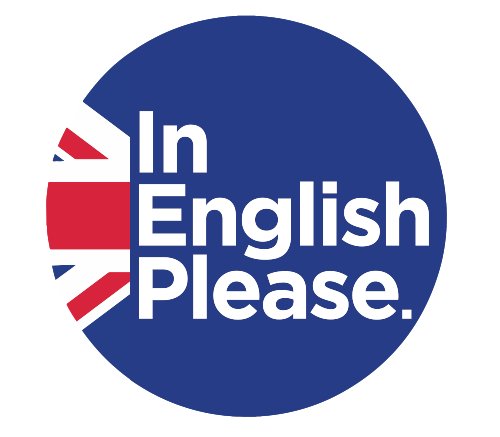Past perfect

How to use the past perfect
The Past Perfect Tense is used to talk about an action that was completed before another action in the past. It is formed by using the auxiliary verb “had” + the past participle of the main verb. It is also used to talk about a past experience or a past state that ended at a specific time in the past, or to talk about a past action that had an effect on a present situation.
Let’s see each one!
1.To talk about an action that was completed before another action in the past.
It is formed by using the auxiliary verb “had” + the past participle of the main verb.
“Had” refers to the part ALREADY done before the other action.
For example:
I had finished my homework before I watched TV. Había terminado los deberes antes de ver la tele.
They had arrived at the party before the guests started to arrive. Había llegado a la fiesta antes de que empezaran a llegar los invitados.
She had left the office before the meeting began. Había salido de la oficina antes de que empezara la reunión.
I had cleaned the kitchen before I went to bed. Había limpiado la cocina antes de acostarse.
He had completed the project before the deadline. Había terminado el proyecto antes de la fecha límite.
2. To talk about a past experience or a past state that ended at a specific time in the past.
I had never been to Canada before my trip last year. Nunca había estado en Canadá antes de mi viaje del año pasado.
They had known each other for 10 years before they got married. Se conocían desde hacía 10 años antes de casarse.
He had felt sick all day before he went to the doctor. Se había sentido mal todo el día antes de ir al médico.
3. To talk about a past action that had an effect on a present situation.
I’m sorry, I can’t come to the meeting, I had already made plans. Lo siento, no puedo ir a la reunión, ya había hecho planes.
I was cold because I had left my jacket at home. Tenía frío porque me había dejado la chaqueta en casa.
They couldn’t go to the concert because they had lost their tickets. No pudieron ir al concierto porque habían perdido las entradas.
🏆 You are learning so much grammar! Do you want to learn more vocabulary? Check out this post with 10 antonyms for the daily life.

